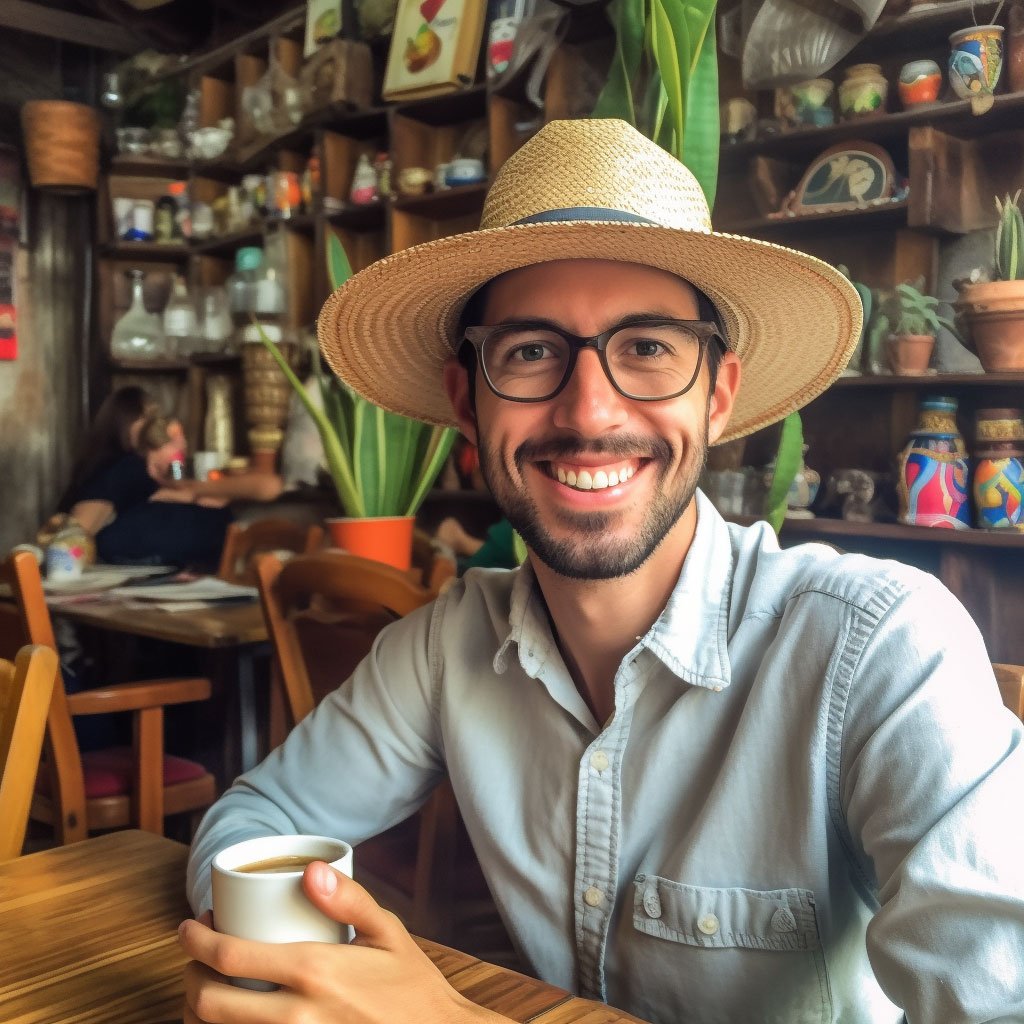
As a nation, Colombia’s identity is deeply intertwined with coffee. It’s not just a beverage; it’s a symbol of the country’s rich cultural heritage and a driving force of its economy. The lush, fertile mountains of Colombia are the birthplace of some of the world’s best coffee. Join me as we delve into the country’s captivating coffee culture and embark on a journey across the Coffee Cultural Landscape of Colombia.
The Coffee Regions: A Journey Through Breathtaking Landscapes
The Coffee Cultural Landscape of Colombia, a UNESCO World Heritage Site, spreads across four departments – Caldas, Quindío, Risaralda, and part of Valle del Cauca. This region is a sensory delight with its verdant coffee plantations covering the rolling hills, the aroma of fresh coffee cherries wafting through the air, and the soft rustling of leaves whispering tales of a cherished tradition.
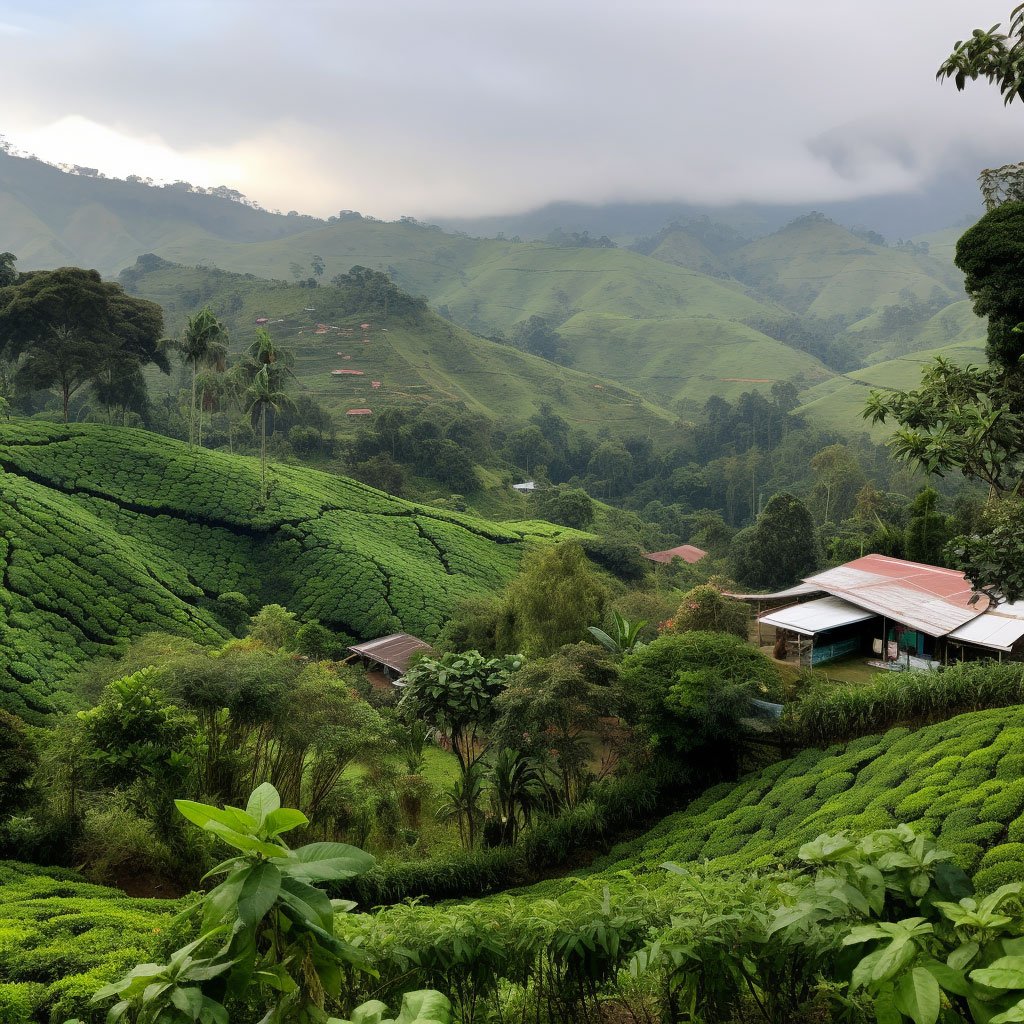
The region’s unique geography and climate make it an ideal location for coffee cultivation. Nestled between the Andes Mountains and the Pacific Ocean, the area benefits from rich volcanic soil, high altitude, and a near-perfect balance of rainfall and sunshine. These conditions contribute to the distinct flavor profile of Colombian coffee, characterized by its mild, well-balanced taste and bright acidity.
The Coffee Plantations: Where Magic Happens
Visiting the coffee plantations is a must for anyone seeking to truly understand Colombian coffee culture. The Hacienda Venecia, a working coffee farm in Manizales, and the Recuca Farm in Armenia are great places to start. As you stroll through the plantations, you’ll see workers handpicking the ripe coffee cherries, a method that ensures only the best fruits are selected, contributing to the superior quality of Colombian coffee.
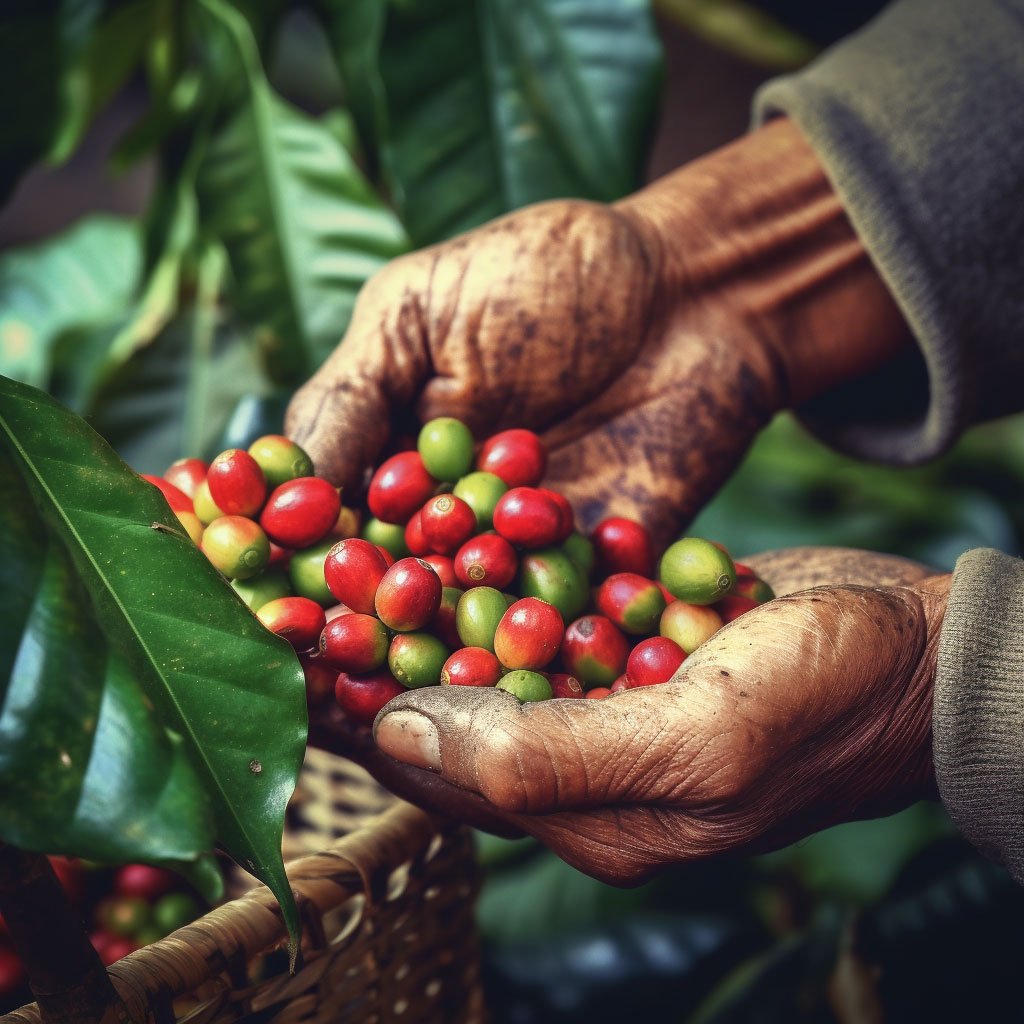
These plantations not only produce some of the world’s finest coffee but also serve as a testament to Colombia’s commitment to sustainable farming practices. Many farms employ organic farming methods and work towards preserving the biodiversity of the region. This commitment to sustainability further enhances the appeal of Colombian coffee on the global stage.
The Coffee Processing: An Art Perfected Over Time
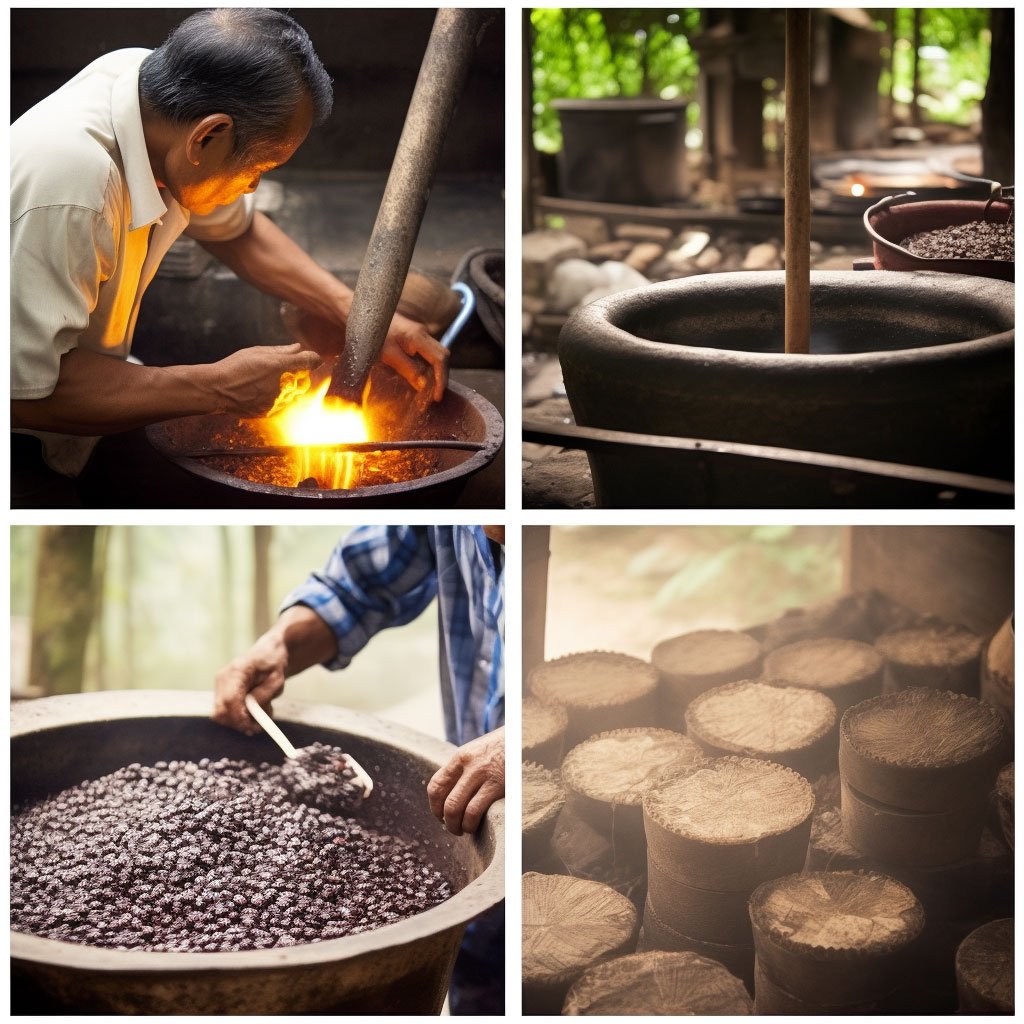
Once the coffee cherries are harvested, they undergo a meticulous process of sorting, fermenting, washing, drying, and hulling before the beans are ready to be roasted. This process is often carried out on the farms themselves, allowing for complete quality control. At the Recuca Farm, visitors can participate in the coffee-making process, from picking the cherries to brewing the perfect cup of coffee. It’s a hands-on experience that offers a deeper appreciation of the effort and expertise that goes into every cup of Colombian coffee.

Tasting Sessions: A Symphony of Flavors
Colombian coffee is renowned for its diverse flavor profiles, ranging from fruity and floral to nutty and chocolaty. These flavors are influenced by the region’s microclimates, the variety of coffee, and the processing method. Coffee tasting, or ‘cupping’, is an essential part of the coffee culture, allowing connoisseurs and casual drinkers alike to appreciate the complex flavors and aromas of different coffee varieties.
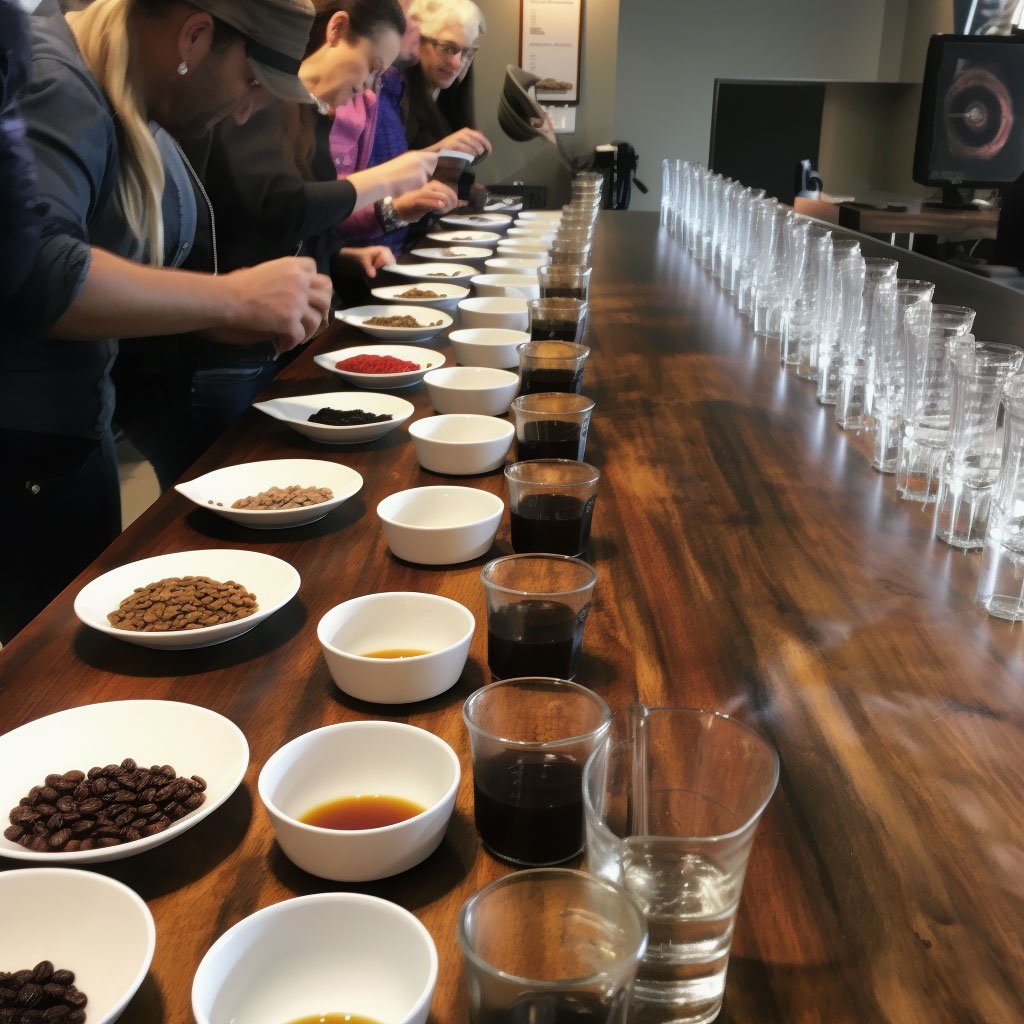
In cities like Bogotá and Medellín, coffee tasting workshops are becoming increasingly popular. These workshops, led by expert baristas, guide participants through the process of tasting and evaluating coffee, helping them identify different flavors, aromas, and qualities. It’s a fascinating experience that deepens one’s understanding and appreciation of Colombian coffee.
The Coffee Houses: Hubs of Social Life
Coffee houses hold a special place in Colombian culture. They are not just places to grab a quick cup of coffee; they are social hubs where people gather to chat, work, read, or simply watch the world go by. In recent years, the country has seen a rise in specialty coffee shops that source their beans directly from local farmers. These establishments are dedicated to showcasing the best of Colombian coffee and often serve as platforms for baristas to experiment with brewing techniques and coffee-based creations.
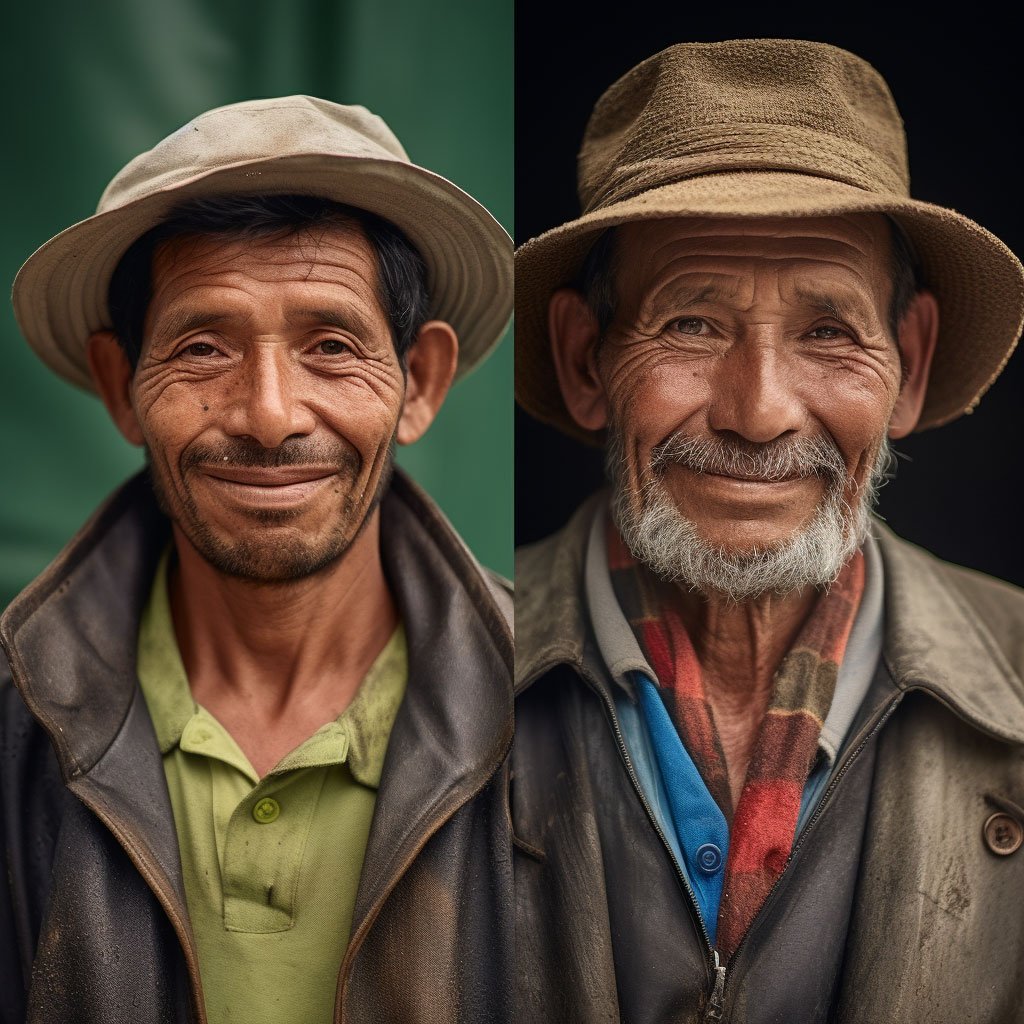
Coffee Tourism: A Growing Trend
In recent years, Colombia has seen a surge in coffee tourism, with more and more travelers eager to explore the country’s coffee culture. From coffee farm tours and coffee tasting workshops to coffee-themed hotels and festivals, the opportunities to immerse oneself in Colombia’s coffee culture are endless.
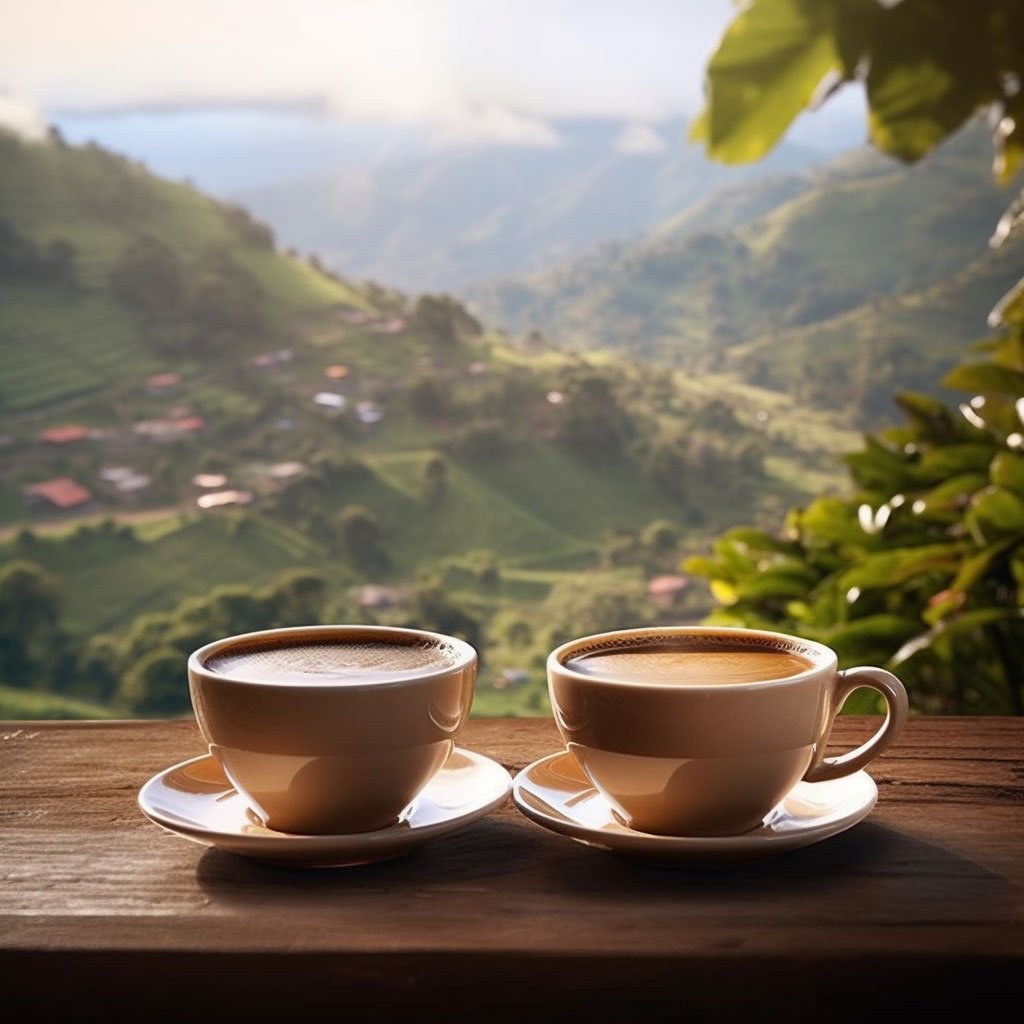
Whether you’re a coffee connoisseur, a history buff, or a nature lover, a journey through Colombia’s coffee culture offers a rich and immersive experience. It’s a journey that tells the story of the people, the land, and the tradition that makes Colombian coffee truly special.
Conclusion: The Essence of Colombia
The coffee culture in Colombia is a reflection of the country’s collective spirit. It’s about the people who meticulously cultivate the coffee, the communities that revolve around it, and the legacy they uphold with pride. So, the next time you sip on a cup of Colombian coffee, remember, you’re not just drinking a beverage, you’re partaking in a rich cultural heritage that defines Colombia.
